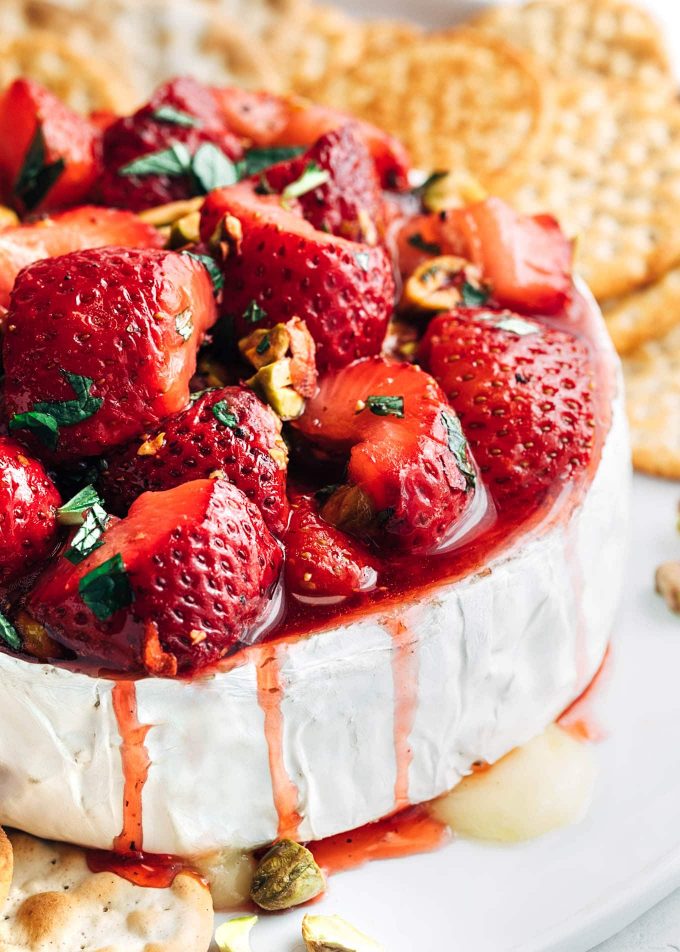As parents, seeing our children out of action with a fever can be one of the most worrying things we can experience. But do you know when to worry and when to keep your cool? I’ve teamed up with BubbleBum UK who sell a new product called tapp – which converts your smartphone into a digital thermometer (yes how awesome is that?) – in this handy guide on what you need to know about fevers in children.
What is a fever?
A fever is a high temperature where the body’s temperature is higher than 37.5C (99.5F) in children under 5.
Causes of fever
Although it can be horrid and sometimes extremely worrying to see your child with a fever, more often than not fever is usually caused by a common viral or bacterial infection, most of which are not serious. Many experts believe that fever is a natural bodily defence against infection. Typically speaking, if your child has a fever for less than five days and seems to be more or less themselves then the advice is not to be concerned, although of course, they may seem out of sorts or more tired (and grumpy!) than normal. However that being said, in some cases fevers can indicate that there is a more serious illness at large (more on that below).
How to tell if your child has a fever
The initial signs of a fever usually come from your child being hot to touch (forehead, back or tummy). They may seem tired or lathargic, and they may feel sweaty and clammy and look flushed in their cheeks. Then of course, the next port of call is to take their temperature.
Taking your child’s temperature
The three main thermometer types – all of which are largely fast and accurate – being digital temple, digital ear, or digital oral thermometers. Although there is now a new and fantastic option available – the Oblumi Tapp – a device which when connected to your mobile phone converts into a digital infrared thermometer with a range of capabilities.
If you’re anything like me, then you’ll despair at having to dig the thermometer out every time you think you should check your child’s temperature which seems never ending during cold and flu season! Hurrah then for the Oblumi Tapp – the now thermometer – with which in just a few seconds you can transform your phone into a thermometer and take your child’s body temperature by placing it on their forehead or in their ear with an infrared sensor is specially designed for medical use.
It also displays the temperature data history so that your child’s fever can be monitored correctly and the information passed to a medical professional if need be. As an aside – you may have noticed below it is also rather handy for testing bottle/milk temperature!
What to do if your child has a fever
Advice from the NHS states that the focus is on keeping your child comfortable through the following:
- encourage them to drink plenty of fluids – offer regular breastfeeds if you’re breastfeeding
- only offer them food if they seem to want it
- look out for signs of dehydration – these can include a dry mouth, no tears, sunken eyes and, in babies, fewer wet nappies
- check on your child from time to time during the night
- keep them away from childcare, nursery or school – let the carer, nursery or school know your child is unwell
- There’s no need to undress your child or sponge them down with tepid water. Research shows that neither actually helps reduce fever.
- Avoid bundling them up in too many clothes or bedclothes.
- Antipyretic agents (i.e. Paracetamol and Ibuprofen based age-appropriate products) should be considered in children with fever who appear distressed or unwell. The NHS does not advise that they should routinely be used with the sole aim of reducing body temperature in children with fever who are otherwise well. Either paracetamol or ibuprofen can be used to reduce temperature in children with fever. They should not be administered at the same time but can be alternated. For those sleep deprived parents who can’t remember when the last dose was, thankfully the Oblumi tapp automatically calculates when the next medication and what dosage is due.
When should I be worried?
The NHS recommends that you contact your GP or health visitor urgently if your child:
- is under three months old and has a temperature of 38C (101F) or above
- is between three and six months old and has a temperature of 39C (102F) or above
- Has other signs of being unwell, such as persistent vomiting, refusal to feed, floppiness or drowsiness.






